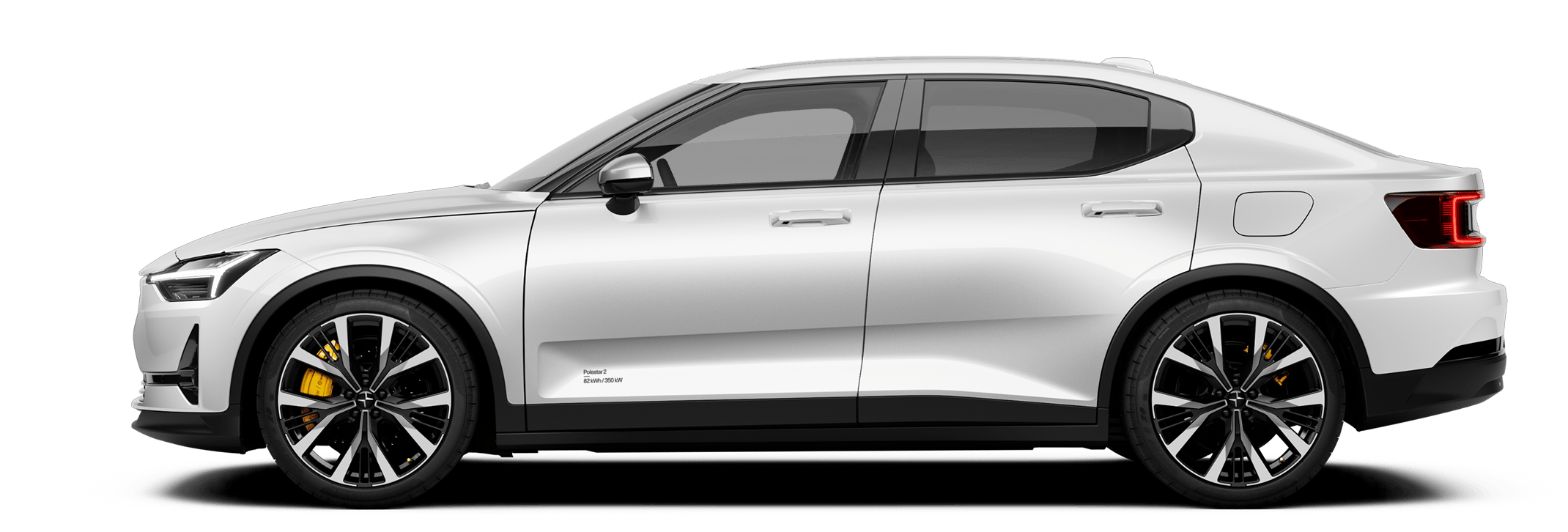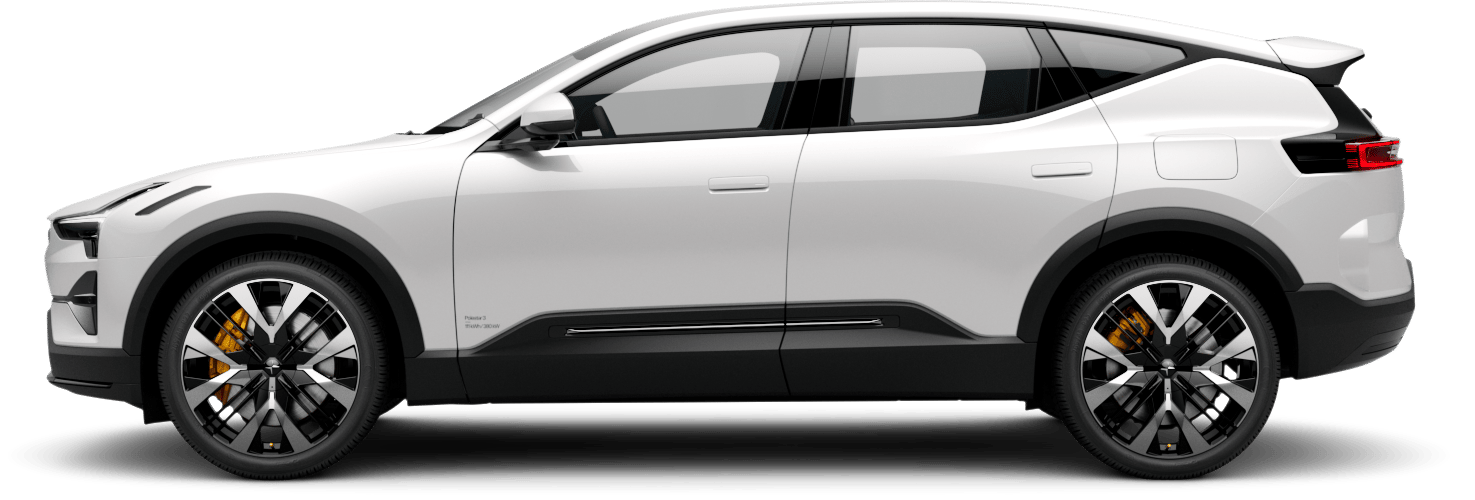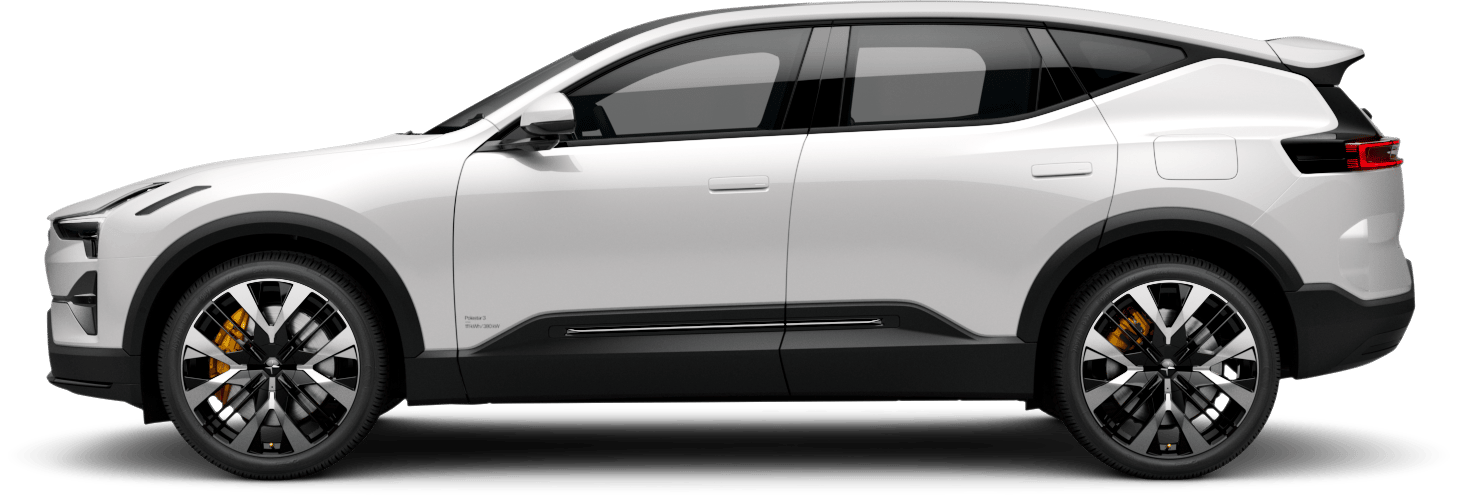Five questions for Petra Pettersson
Managing and promoting human rights in the supply chain is one of Petra Pettersson’s focus areas as Polestar Inclusion Lead.

It's thrilling to be part of a company with such high ambitions, as the possibility of change is even bigger.
How does the reality of your job compare with what people think you do?
I guess people don’t have a clear perception of what an Inclusion Lead does, because I have been asked that question quite a few times. I usually say that it involves improving companies’ performance on diversity and equality, and that one of my main focuses is improving human rights in our complex supply chain.
At Polestar, the job involves collaboration across departments within the organisation, as well as collaboration with partners outside the organisation. I really appreciate this aspect of the job since I enjoy working with a wide mix of people. It’s also thrilling to be part of a company with such high ambitions, as the possibility of change is even bigger.
Are there any trends that are shaping the area that you work with at the moment?
It’s not a trend, but there’s a clear focus on gender diversity and raising awareness of discrimination in areas such as sexual orientation and ethnic origin. There are also high hopes for new technology and more collaborations when it comes to greater traceability and transparency, which can enable work on due diligence and corrective action plans.
Circular business models and closed-loop recycling are other rising areas. Hopefully, they will also make the supply chain less complex and mitigate some of the problems with mining for example.
What has happened or changed in your area of work over the last 10 years?
A lot has happened! For example, the UN Sustainable Development Goals and Agenda 2030 have put a focus on collaboration and an understanding that companies, countries and people alike have to do their part to make the world a better place. The big demand for electric cars requires more minerals and raw materials, including risk materials that are often mined under dubious conditions. There’s an urgent need for good governance to ensure that developing countries also profit from these commodities which could help bring people out of poverty.
During the past ten years, there have also been other social movements, such as #MeToo and Pride, raising awareness of sexual abuse and the importance of protection for all people everywhere.
What is your favourite invention (you can’t say electrification)?
Household machines. Not only have they simplified life for all adults, but they’ve helped women enter the job market, making it possible to have a career and full-time job. What’s more, they’ve helped increase shared responsibility for the housework.
What makes you hopeful for the future?
History tells us things are getting better. Human beings’ ability to collaborate and find innovation and new technology has always helped us improve as a group. That, coupled with common goals such as the UN Sustainable Development Goals and the ambitions of many companies, makes me hopeful for the future.







